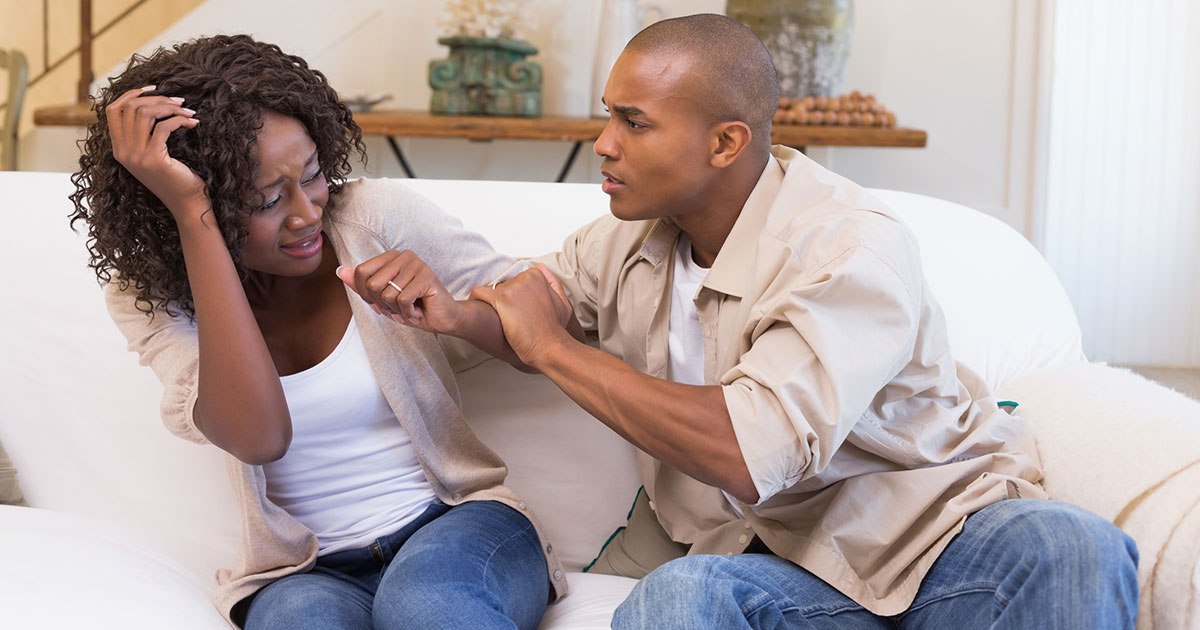Important Signs and Symptoms of PTSD You Shouldn't Ignore
Changes In Physical And Emotional Reactions

Changes in physical and emotional reactions may include hypervigilance (always being on guard for danger); being easily frightened or startled; self-destructive behaviour, such as driving too fast or drinking too much; having trouble concentrating and sleeping; feeling constantly irritable; experiencing angry outbursts or exhibiting aggressive behaviour; and feeling of overwhelming guilt or shame. Children under the age of six may also experience symptoms including re-enacting the traumatic event through play and having frequent nightmares. All PTSD symptoms can come and go, but the symptoms generally tend to increase when experiencing higher levels of stress or when faced with reminders of the trauma. Seek medical attention immediately if experiencing suicidal thoughts or are experiencing severe PTSD symptoms and are having difficulty with daily functioning. Treatment can help prevent the worsening of PTSD symptoms and aid in a full recovery.